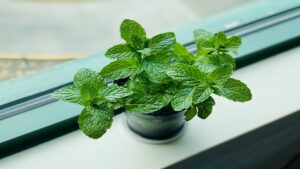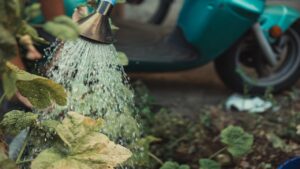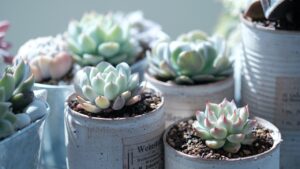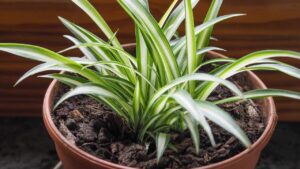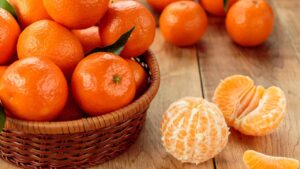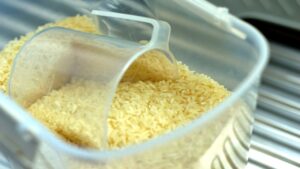Dipladenia Plant, How to Protect It From Parasites
Dipladenia is a climbing plant loved for its big, colorful flowers in shades like white, pink, red, and purple. Thanks to its beauty and climbing ability, it is excellent for decorating gardens, balconies, and terraces. However, this plant, being particularly milky, can easily be subject to attack by parasites. Today, together with you, we want to explore how to protect it by adopting simple precautions.
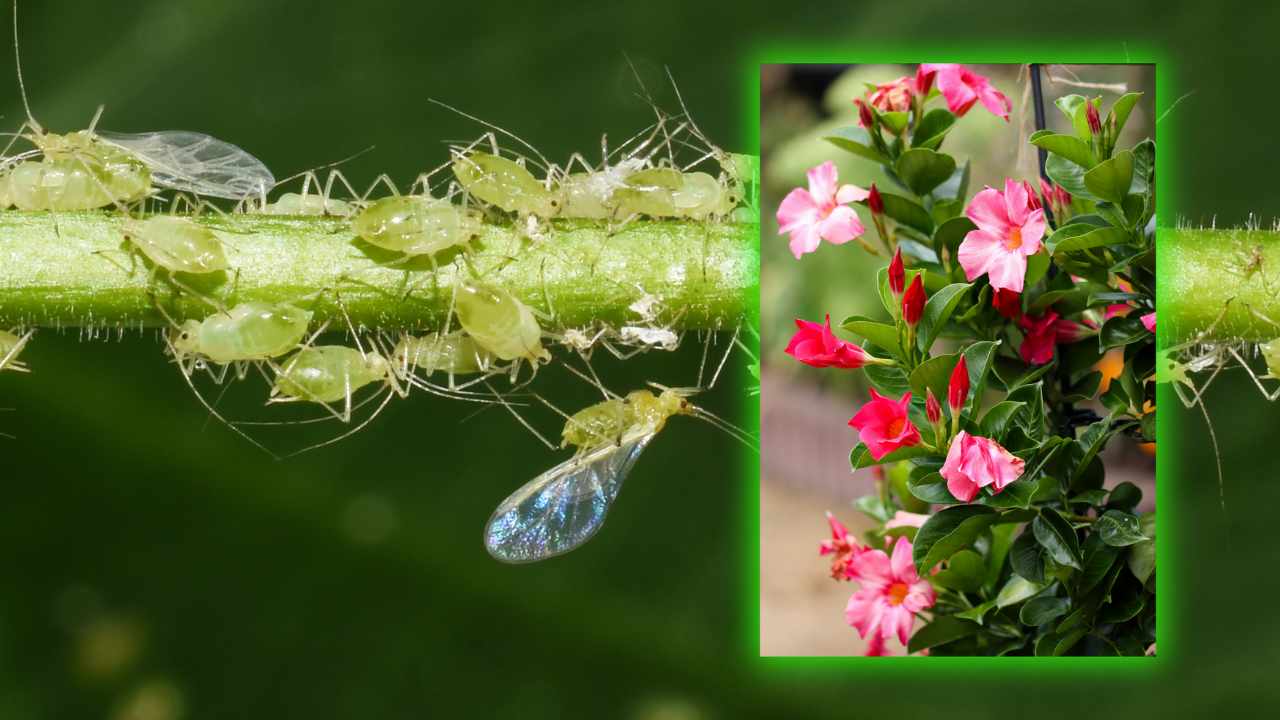
Tricks to protect Dipladenia from parasites
To protect Dipladenia from pests, start by keeping the plant separate. This means placing the plant away from other infested plants or areas where pests have been found. This isolation helps prevent contact with potential sources of infestation and reduces the chances of spreading parasites.
The second step consists of identifying the type of parasite that is attacking the plant, which could be insects, mites, or fungi. Knowing the category of the parasite helps you choose the right treatment to deal with it effectively.
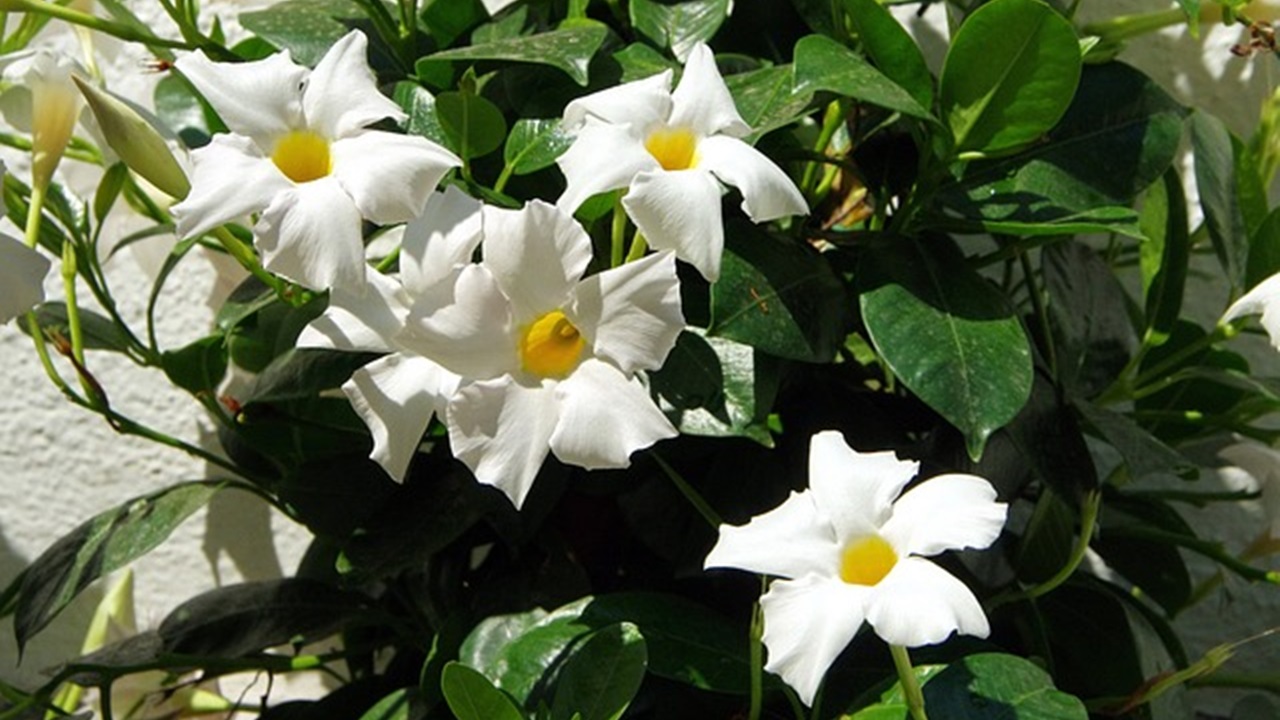
Once the type of parasite has been identified, you can adopt various preventive strategies. One of the first preventive measures is to ensure good plant hygiene. It is important to regularly remove dry or dead leaves and clear the area around the plants. These little tricks can reduce the risk of infestation. Also, avoid overwatering to prevent conditions that attract pests like mold or mildew. These simple steps can help protect the plant and keep it safe from harmful pests.
In addition to preventive strategies, it is essential to evaluate the intensity of the infestation. Noticing the presence of insects, spots, molds, or deformations on the leaves in a timely manner also allows you to save the plant.
If your plant becomes infested, you can use a very effective pesticide called Neem oil. Mix 10 ml of Neem oil with a liter of water and spray it on the plant every 15 days. This helps prevent parasite attacks and keeps your plant safe.
